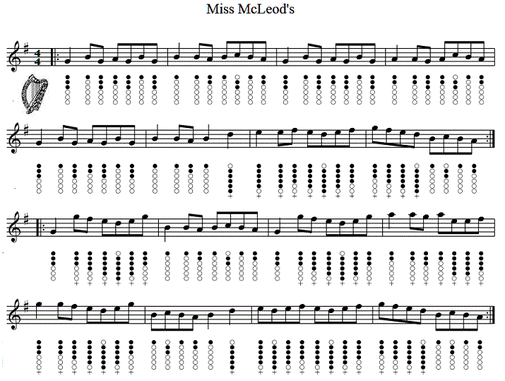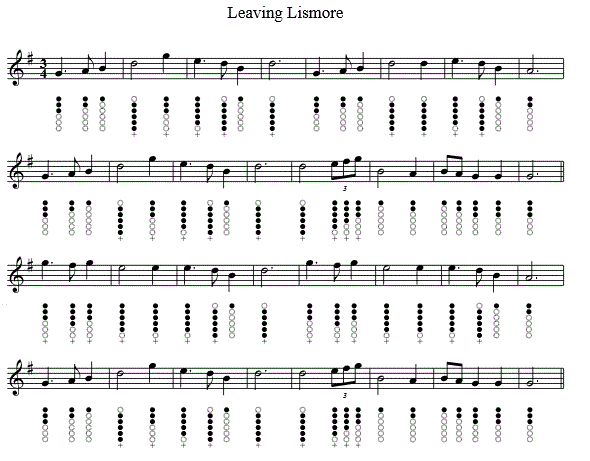Miss McLoud's Tune tin whistle sheet music
Another tune, Leaving Lismore is also included along with an mp3.
Below is a list of the most popular Traditional Irish Tunes for tin whistle which comes free when you
buy the tin whistle ebook .
buy the tin whistle ebook .
Below is a list of over 170 traditional tunes with mandolin / guitar chords in an ebook.
It cost €6.50
It cost €6.50


